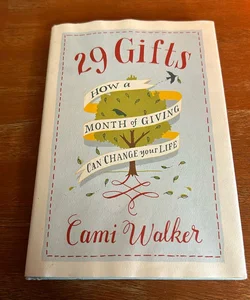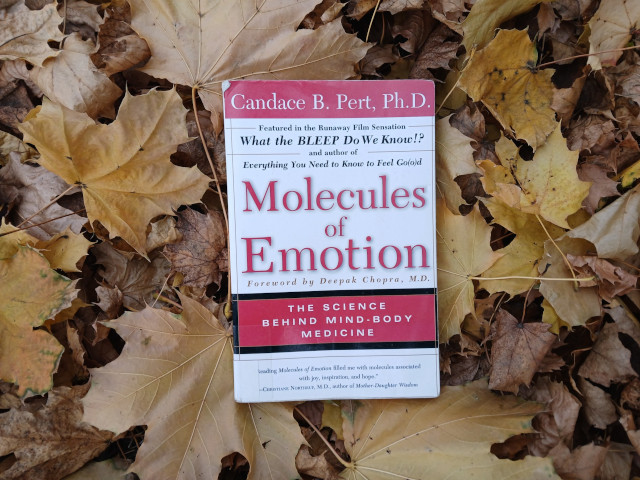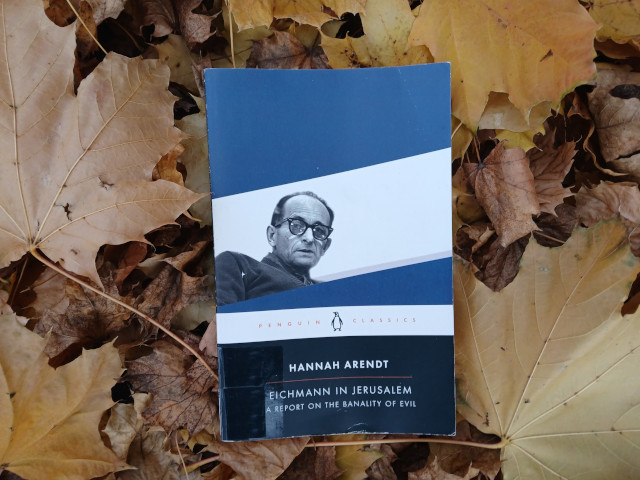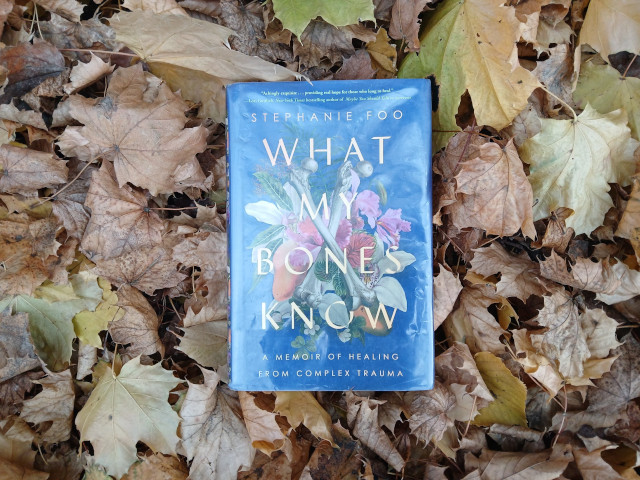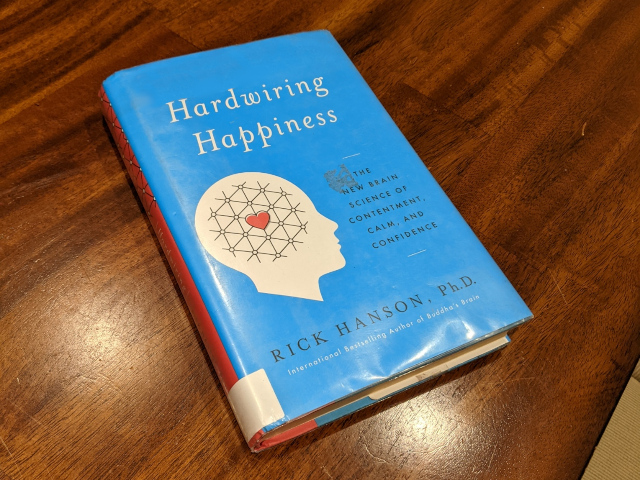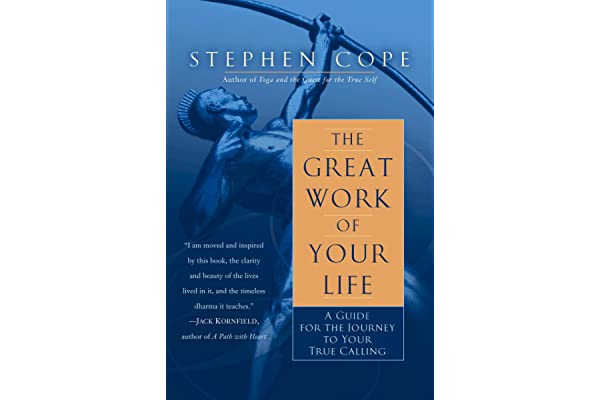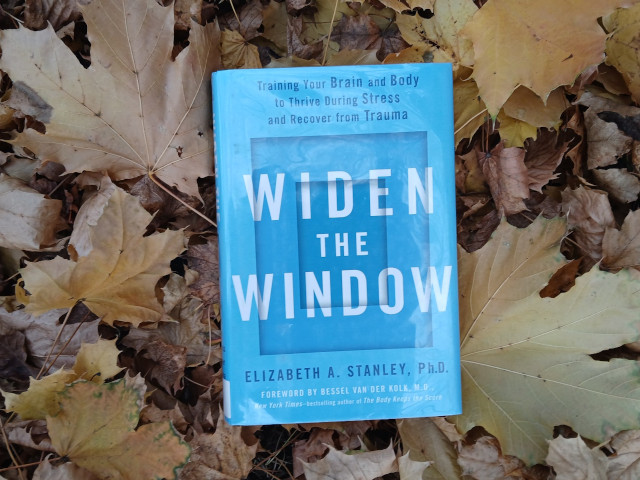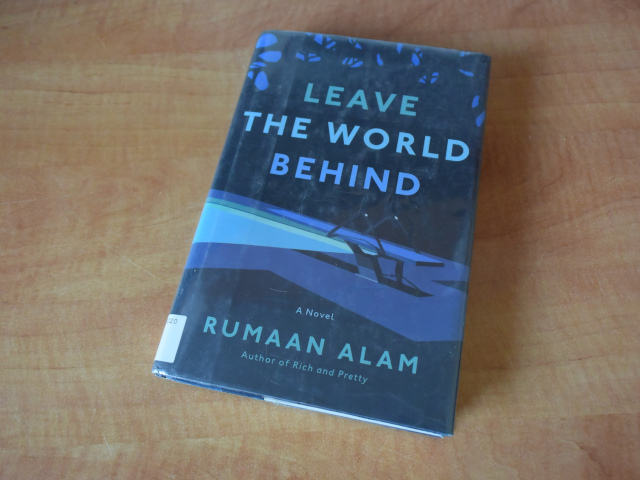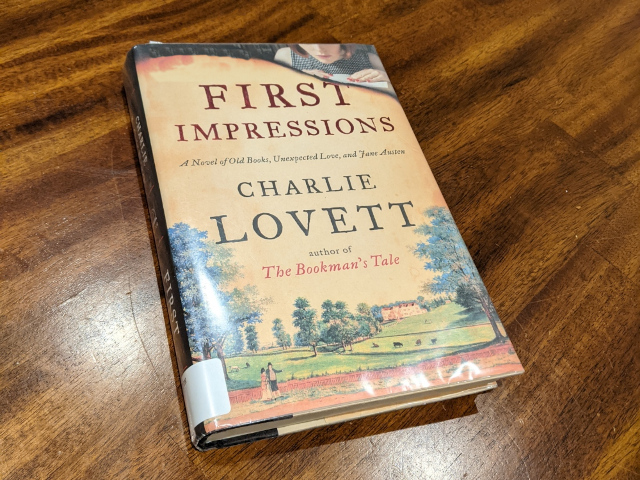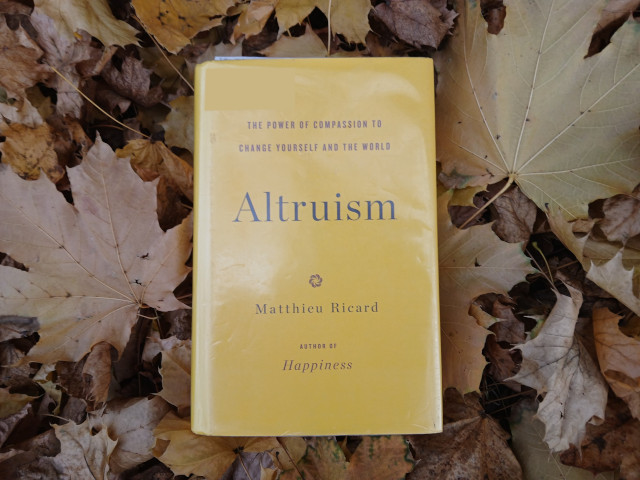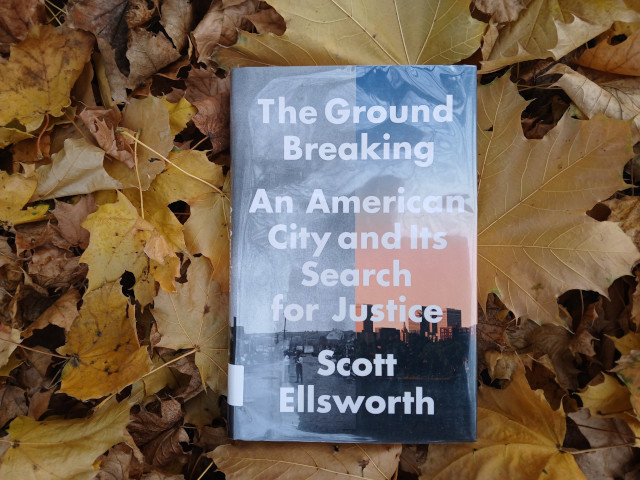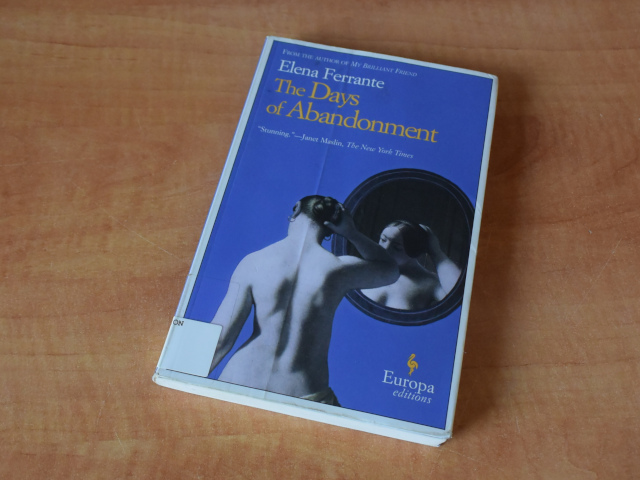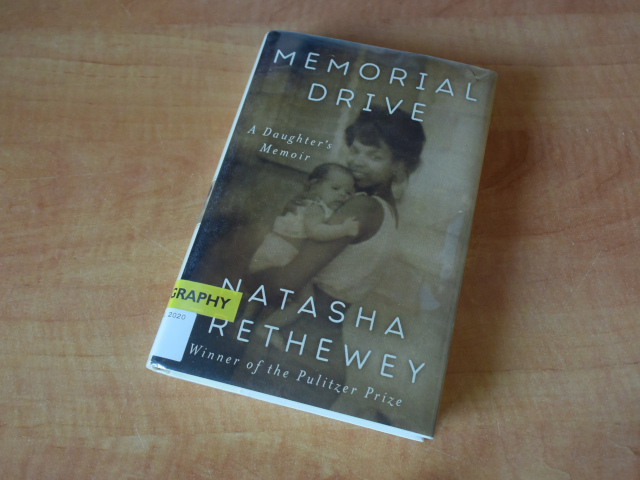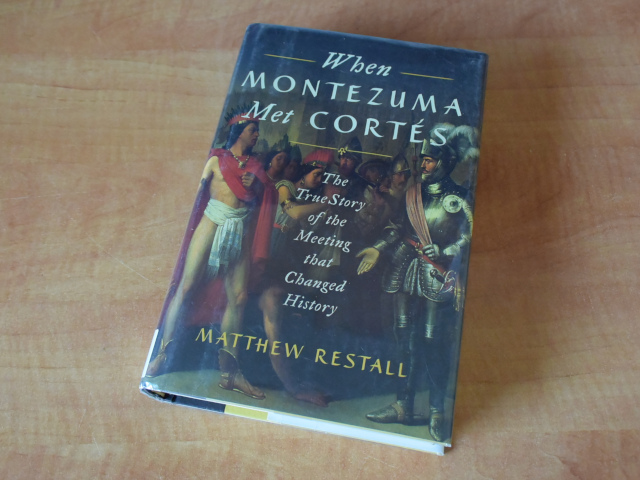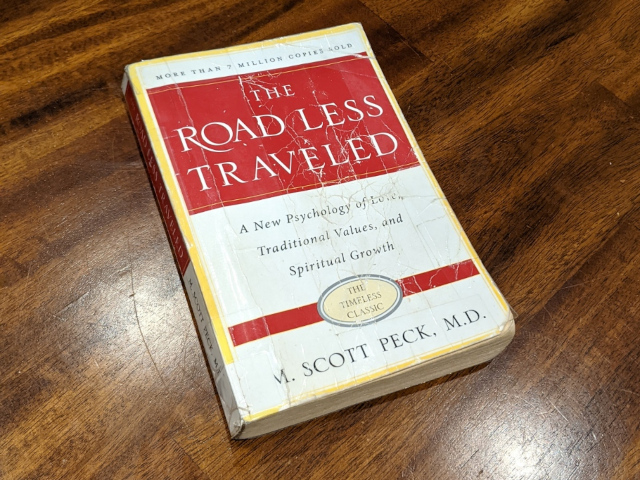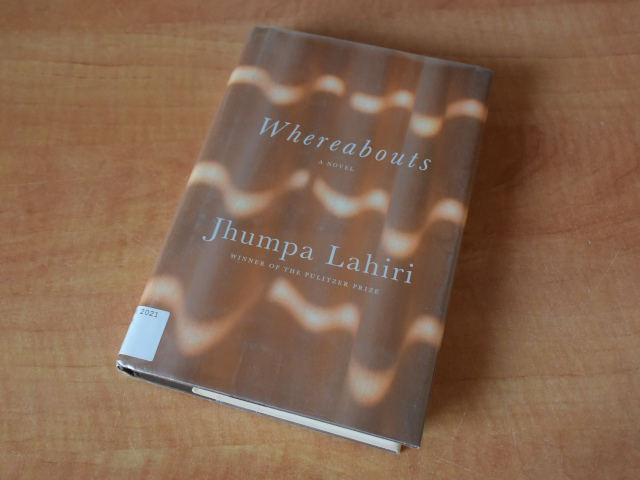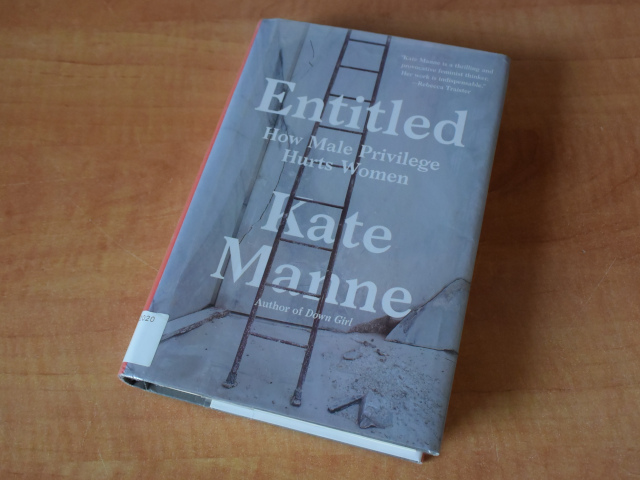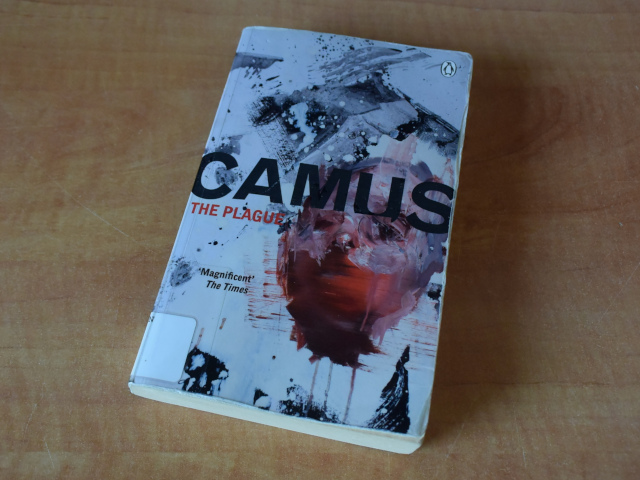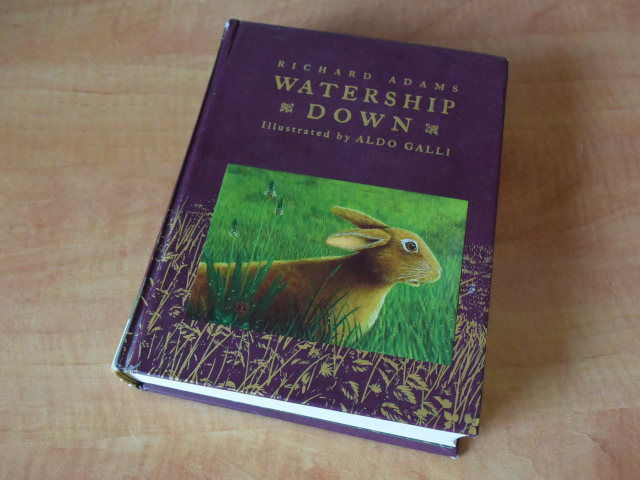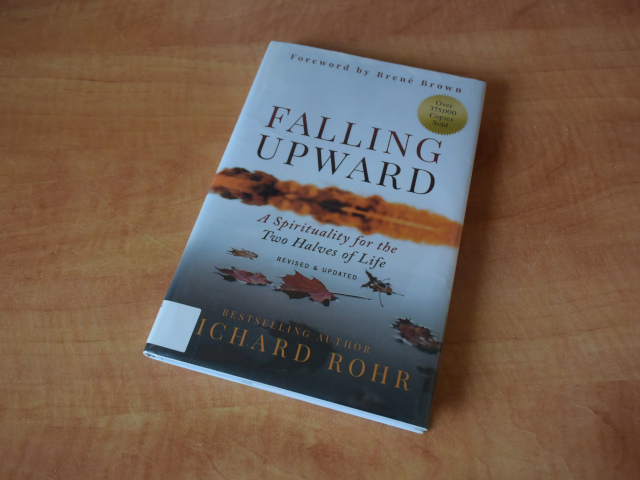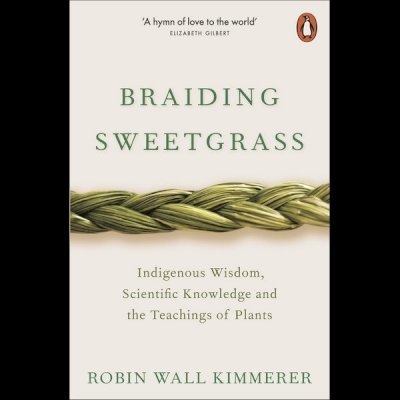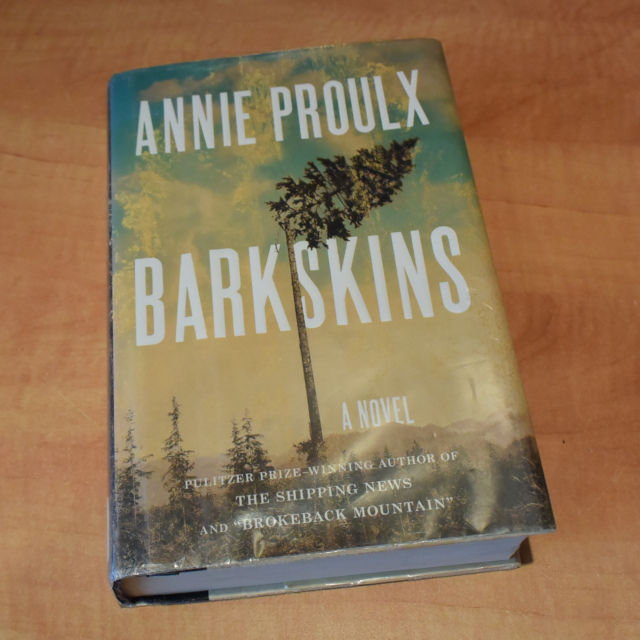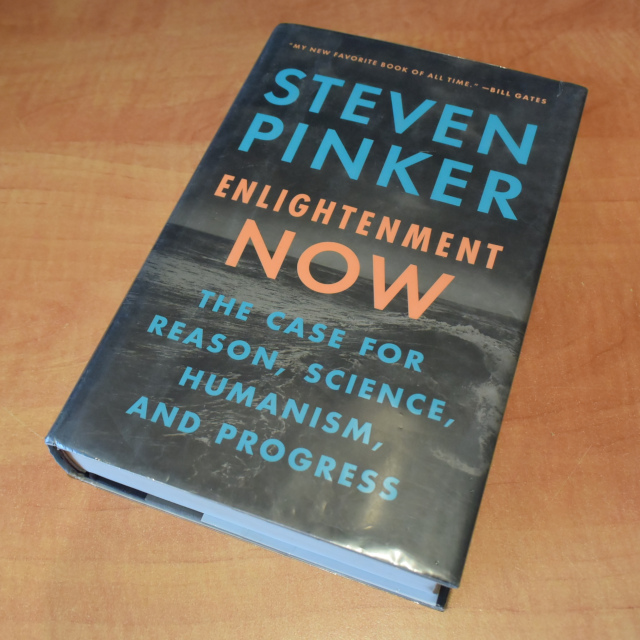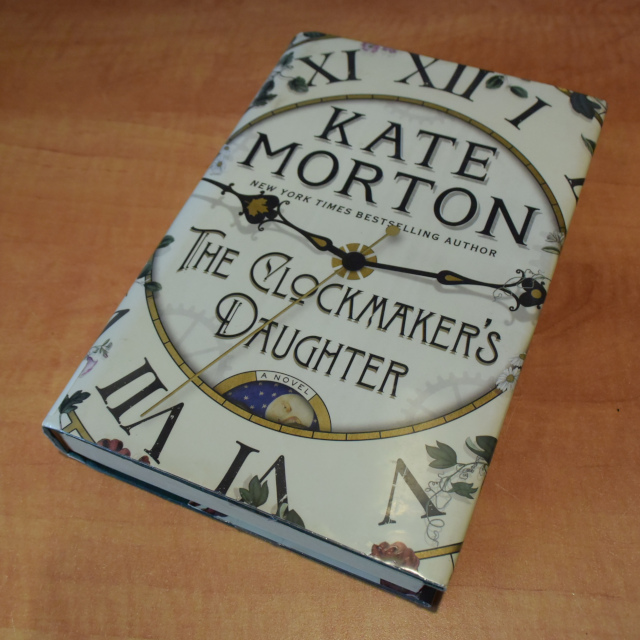Life sure is good at throwing you curve balls!
Cami Walker surely must have thought so when, just one month after marrying the love of her life, she was diagnosed with MS. She went from feeling on top of the world, to wondering “what the hell happened”?
Suddenly, she became a frequent visitor of the emergency room as she struggled with pain, numbness, and paralysis. Her new marriage experienced financial and emotional strain as she and her husband struggled to pay hospital bills and manage her condition. She wondered if it would be possible for her to ever walk again, or to find gainful employment.
It was during this time of upheaval that her friend and neighbour, an African healer named Mbali Creazzo, suggested that she try the 29 Day Giving Challenge. A healing ritual from Africa, the 29 Day Giving Challenge requires that you give away one gift every day for 29 days. If you miss a day, you have to start all over again at Day 1.
A key component: the gifts have to be given whole-heartedly. You must look your recipient in the eye, and be fully present as you give your gift. You also can’t expect anything in return.
You may wonder how a system of daily giving could possibly be a good prescription for someone whose life has just been taken away from them. Wasn’t Cami Walker already going through enough? How could she possibly give to others when she was already feeling so empty and useless?
But Mbali Creazzo explained that giving to others enlarges your view of yourself. Instead of living from a place of scarcity, you begin to see your intrinsic value, regardless of the amount of money in your bank account. You also begin to feel greater dignity. You realize that, no matter what your troubles may be, you still have something special to offer the world: yourself, your creativity, and your beautiful heart.
Keep in mind, the gifts in the 29 Day Giving Challenge do not have to be large. They can be something as little as spare change to a homeless person, or a free back rub to your spouse. You can give a card to your neighbour, or help a friend move. Your gift can even be something as simple as a smile and a kind word.
At first, Cami Walker was skeptical. She felt so empty, she didn’t think she had anything left to give. But she was willing to try anything to start feeling better, so she gave it a shot.
As she explains in her book, at first she struggled to give her daily gifts. She felt they were worthless, and the whole exercise was pointless. But despite her doubts, she persevered. By the end of the first week, she was already beginning to feel a little lighter and more open.
As her mood improved, so did her health. She began to feel a greater capacity to heal and to endure. Surprisingly, she began to walk more easily, and her energy level rose. As her mood lifted, so did her confidence. Then, almost magically, her personal business began to attract more clients. And it all started by giving away some simple gifts.
The 29 Day Giving Challenge did not heal Cami Walker of her MS. But it did make her feel more whole. It restored to her a greater sense of self, and reminded her of the riches she already had.
The experience was so transformational, that Walker not only wrote the book 29 Gifts, she also created the website www.29gifts.org where she explains the 29 Day Giving Challenge, and invites others to join her. Visit, and become inspired.
Full disclosure: I have not yet tried the 29 Day Giving Challenge myself, but I really love the idea.
Are you curious? Do you have questions? Grab a copy of Cami Walker’s book 29 Gifts, or go to her website. There, you’ll find all the information you need. And if you decide to try the challenge yourself, let me know how it goes. Inspire me with your stories.
The world only changes when we change ourselves. By giving to others whole-heartedly, maybe we can shift the energy around us and make it less angry and confrontational. Your gift can be as little as your smile. What do you think?

